Gardening in Williamson County, TN: A Guide to Planting and Local Resources
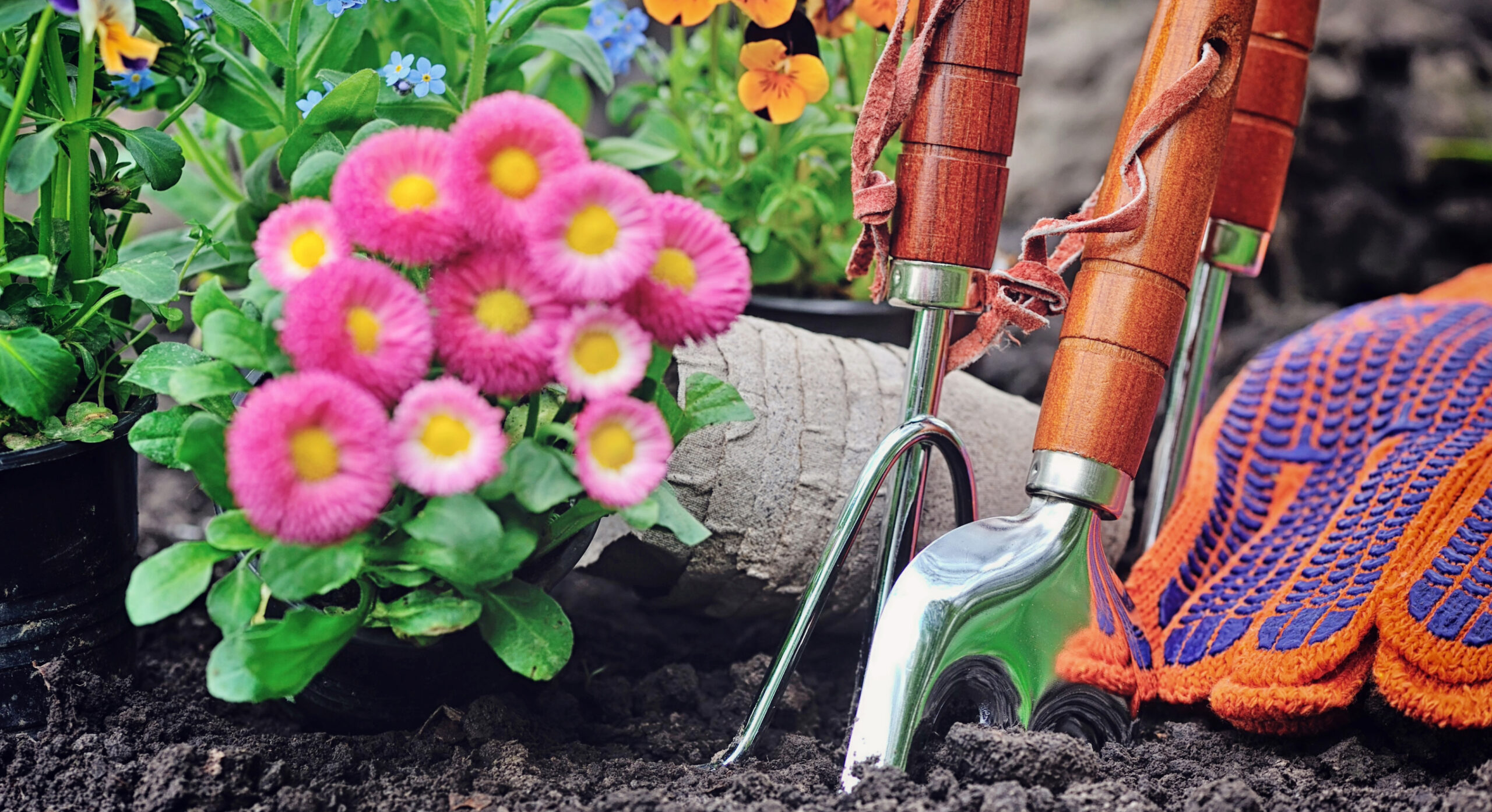
Gardening in Williamson County, Tennessee, is a rewarding endeavor, thanks to rich, fertile soil and a climate that accommodates a wide variety of plants and flowers. Whether you are a seasoned pro or just starting to explore the joys of nurturing your own garden, Williamson County offers an environment that encourages lush growth and bountiful harvests. In this article, we’ll guide you through the essentials of Williamson County gardening, including when to plant, what to plant, and where to find the best local resources for plants and seeds.
Understanding the Local Climate
Williamson County experiences a humid subtropical climate, which means hot summers and mild winters. This climate offers a generous planting window for a broad array of plants, including both cool and warm-season crops, as well as native and non-native plants.
Knowing your Plant Hardiness Zone helps you choose plants based on your climate. In 2023, The United States Department of Agriculture released a new Plant Hardiness Zone Map, the first update since 2012. For Williamson County, the update shows a slight warming shift, moving from zone 7a to 7b. While the average minimum winter temperatures are now about 5° warmer, the practical impact for most plants is minimal.
When to Plant
The key to successful planting lies in understanding the local frost dates. Generally, the last frost in Williamson County occurs around mid-April, and the first frost arrives in late October. This period marks the safest planting window for most crops and ornamental plants.
Spring Planting
Late March to April is the ideal time to start most of your vegetable and flower seeds indoors or in a greenhouse, ensuring that by the time the last frost has passed, your seedlings will be ready for transplanting outdoors. This is a great period to sow seeds of tomatoes, peppers, cucumbers, and eggplants for your vegetable garden, and marigolds, sunflowers, and petunias for a colorful flower display. To ensure optimal growth, it’s crucial to consult the seed packet, as it provides valuable information on the best planting time specific to each plant variety.
Fall Planting
In August or September, you might consider planting cool-season crops and perennials such as kale, spinach, lettuce, Swiss chard, and broccoli. For flowers, it’s a good time to plant perennials like asters, chrysanthemums, and sedums, which can establish their roots before the cold weather arrives and offer blooms the following year. Garlic and shallots are also excellent choices to plant during this period for a harvest in the following spring.
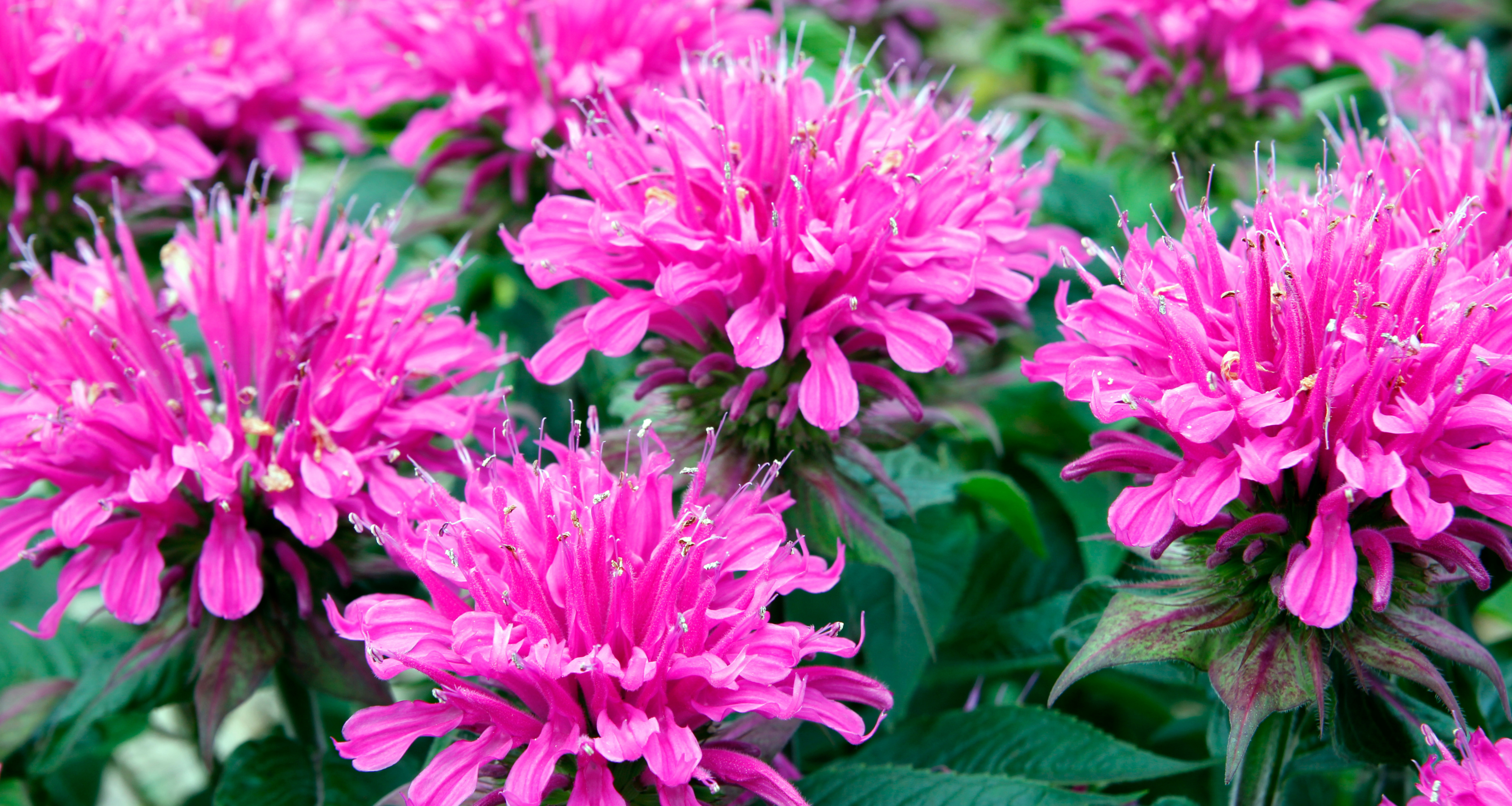
What to Plant
Williamson County’s climate and soil make it suitable for many different plants:
Vegetables
Tomatoes, peppers, cucumbers, squash, and green beans thrive here. Root vegetables like carrots, beets, and potatoes also do well, as do leafy greens such as spinach, kale, and lettuce.
Flowers
Consider planting native species that are well-adapted to the local climate, such as Black-eyed Susans, Purple Coneflowers, and Woodland Phlox. These not only add beauty to your garden but also support local pollinators.
Trees and Shrubs
Dogwood, Redbud, and the Saucer Magnolia are excellent choices for adding structure and shade to your landscape.
Fun Fact!
The iris (genus Iridaceae) is Tennessee’s official cultivated flower. This herbaceous perennial boasts over 170 species worldwide, including several native to North America. The most recognizable variety is the Blue Flag, but irises come in a vibrant spectrum of colors. While the act establishing the iris as the state flower didn’t specify a shade, the purple iris has become widely recognized as the state’s floral emblem.
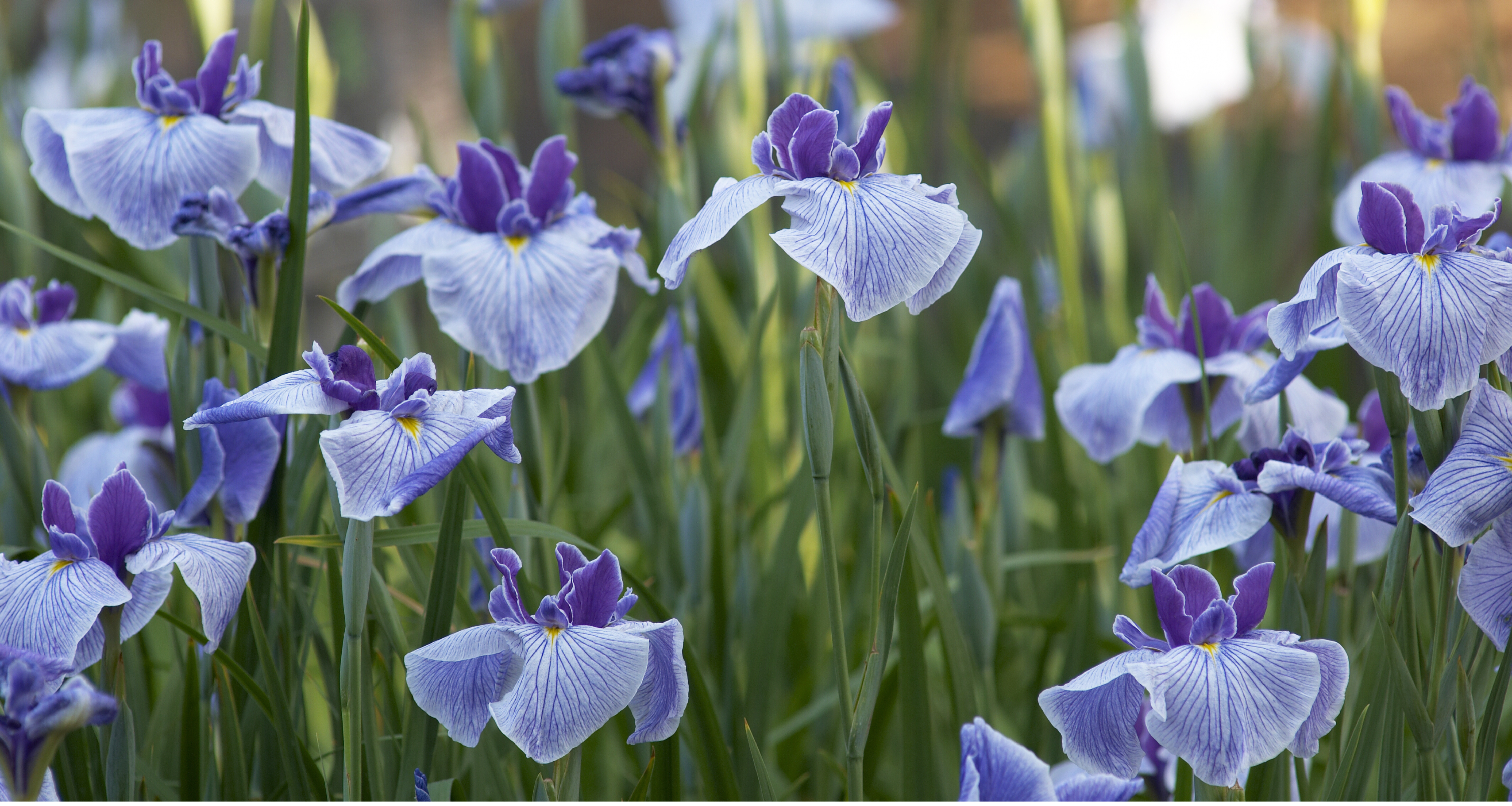
Tips for Successful Gardening in Williamson County
Soil Testing
Your soil is the foundation of a flourishing garden. To unlock its full potential, a soil test is crucial. A soil test identifies deficiencies in nitrogen, phosphorus, potassium, or lime. You can test your soil yourself with a soil test kit from your local home and garden center or drop off a sample at the Williamson County Agricultural Extension Office, where, for a small fee, they will test it for you.
Water Wisely
Given the region’s hot summers, it’s crucial to water your plants in a way that maximizes moisture retention and reduces waste. Early morning watering is ideal because it allows water to seep into the soil before the heat of the day increases evaporation. Using soaker hoses or drip irrigation can also be more efficient than overhead sprinklers, directing water exactly where it’s needed at the plant’s roots. Avoid over-watering as it can be just as harmful as under-watering. It’s important to understand the water needs of your specific plants. Some may require more frequent watering, while others thrive on less.
Mulching
Mulch is a gardener’s best friend, especially in Williamson County where the sun can be harsh. A good layer of mulch (2-3 inches) can help maintain soil moisture, regulate soil temperature, and suppress weed growth. Organic mulches, such as wood chips, straw, or leaf litter, also improve soil quality as they break down. Keep mulch a few inches away from the stems of plants to prevent moisture-related diseases. Refresh the mulch layer as needed, usually once a year, to maintain its benefits.
Choose Native Plants
Native plants are adapted to the climate and soil conditions of the area, requiring less water and maintenance. Examples of plants native to Tennessee include the Tennessee purple coneflower and the black-eyed Susan. For more information on native plants, check out GroWild in Fairview, TN, where they specialize in native North American plants.
Composting
Creating a compost pile with kitchen scraps and yard waste can provide you with a rich, organic material to improve your garden soil, reducing the need for chemical fertilizers. Learn how to compost here or purchase compost from the City of Franklin.
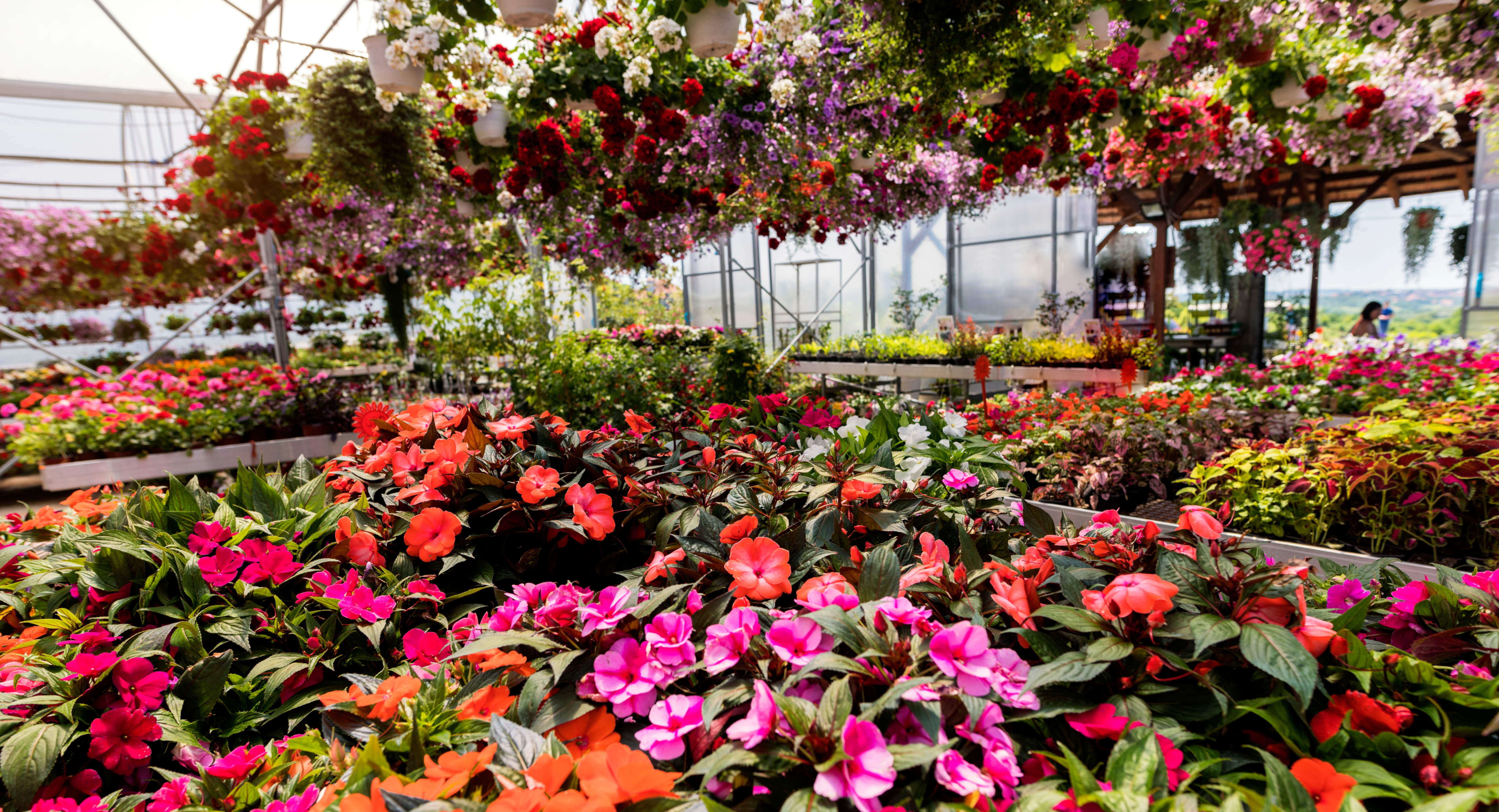
Local Resources for Plants and Seeds
While big-box garden centers offer a wide variety of supplies, Williamson County boasts a wealth of local options staffed by gardening experts who can help your garden thrive. Here are a few places where you can find quality gardening supplies and friendly advice.
GroWild
Established in 1997, GroWild specializes in native North American plants. They offer over 1,000 species and cultivars of native perennials, wildflowers, trees, shrubs, and more. They also offer services to help gardeners incorporate native landscaping into their projects, including consultations, design, and installation. While they primarily work on contract projects, GroWild also opens their doors to the public by appointment for those seeking native plants for their own landscapes.
7190 Hill Hughes Rd, Fairview, TN 37062, (615) 799-1910
Hewitt Garden and Design Center
Family-owned and operated, Hewitt Garden and Design Center offers many plants, from delicate succulents to full-grown trees, alongside landscaping consultations, installations, and full-scale design services.
2525 Hillsboro Rd, Franklin, TN 37069, (615) 661-6767
Moon Valley Nurseries
Moon Valley Nurseries offers a vast selection of high-quality trees and plants. Their services include planting purchased trees and free design consultations (within 20 miles) to assist customers in creating their ideal landscapes.
4114 Murfreesboro Rd, Franklin, TN 37067, (615) 616-8835
Nature’s Best Nursery, Lawn and Landscape
This garden center offers a selection of plants that change seasonally, including common favorites and unique finds. The variety includes annuals, perennials, shrubs, roses, trees, edibles, grasses, houseplants, and more. They also offer bagged soil, bulk soils, gravel, and mulch as well as stones and pavers.
7362 Nolensville Rd, Nolensville, TN 37135, (615) 776-5372
Riverbend Nurseries
Riverbend Nurseries is a family-owned and operated business that has been serving the region since 1990. Originally focused on wholesale sales to garden centers and landscapers, they’ve expanded to encompass a 500-acre operation with a retail garden center, allowing home gardeners to access the same high-quality plants used by professionals. With over 1,500 plant varieties, you are sure to find what you are looking for.
1109 Hillsboro Rd, Franklin, TN 37064, (615) 794-4144
Southbranch Nursery
Southbranch Nursery Co. has locations in Brentwood and Murfreesboro, Tennessee. They offer plants, trees, garden products, accessories, and gifts. They cater to both do-it-yourself gardeners and landscaping professionals. They also partner with Monrovia, a supplier of high-quality, disease-resistant plants.
6941 Nolensville Pk, Brentwood, TN 37027, (615) 776-1818
Spring Hill Garden Center
Spring Hill Garden Center features a selection of high-quality plants including azaleas, rhododendrons, fruit trees, and bushes. You can also find indoor and outdoor pottery, flowering magnolias, perennials, clematis, jasmine, boxwoods, and various rose varieties.
5159 Main St, Spring Hill, TN 37174, (615) 748-0893
Tractor Supply
Tractor Supply offers a range of gardening products, including tools, seeds, live plants, soil, mulch, and pest control solutions.
1101 Hillview Ln, Franklin, TN 37064, (615) 791-0791
Williamson Farmers Co-op
Williamson Farmers Co-op, open to everyone, offers a large selection of plants and garden tools in their Lawn and Garden Center. Local residents can find everything they need, from a flourishing greenhouse to high-quality vegetable, herb, and flower plants from Bonnie Plants.
200 Eddy Ln, Franklin, TN 37064, (615) 790-6100
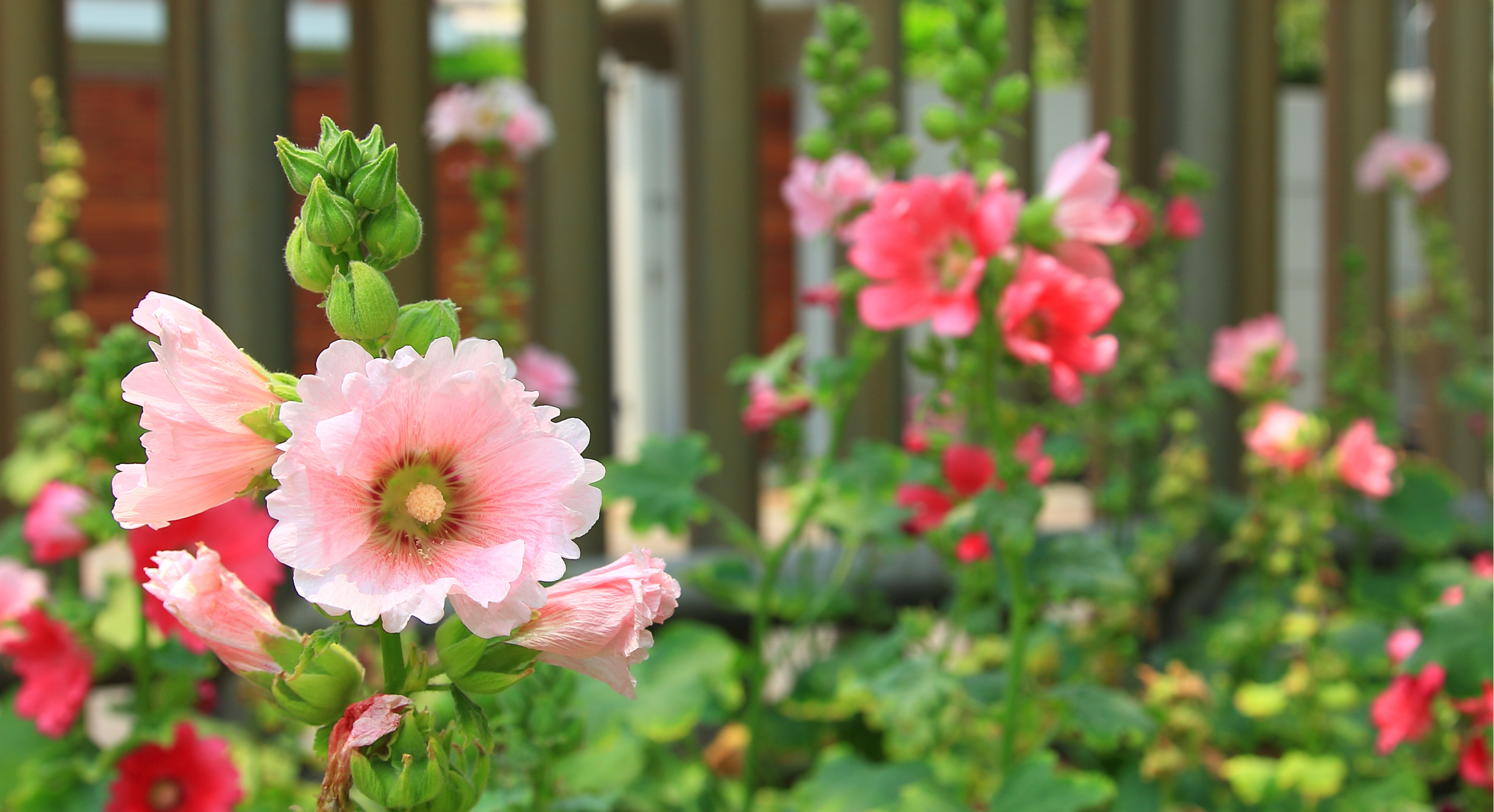
Want More Advice for Your Williamson County Garden?
On Saturday, April 13th, from 9 am to 5 pm, The Williamson County Master Gardener Association is hosting its annual Spring Garden Festival and Plant Sale. Here, you’ll find a large selection of plants, including perennials, annuals, vegetables, and herbs. Many of these plants are grown directly by Master Gardeners themselves. Throughout the day, educational speakers will share their expertise on various gardening topics. The event takes place rain or shine at the Williamson County Ag Expo Park.
4215 Long Lane, Franklin, TN, 37064



